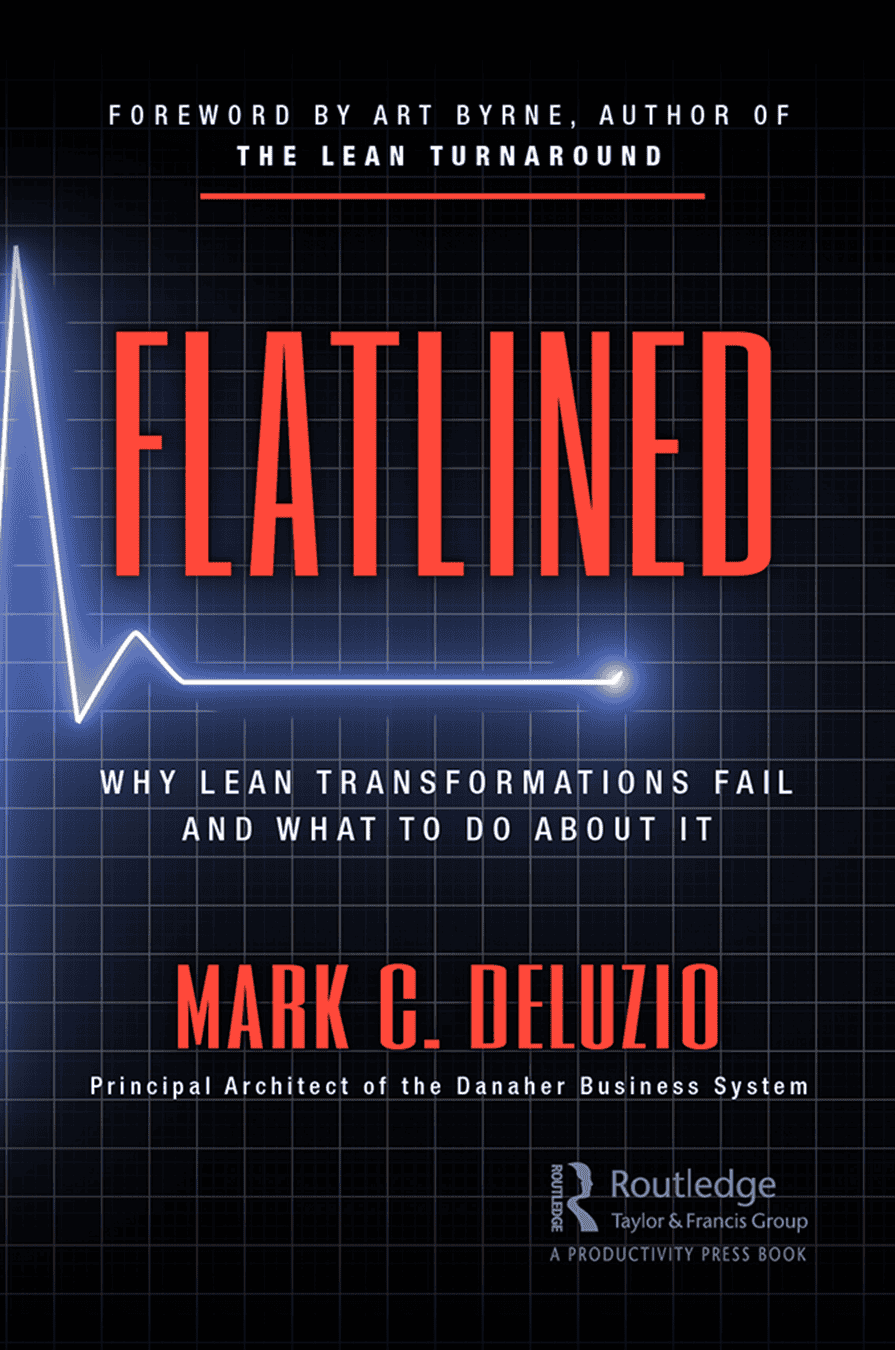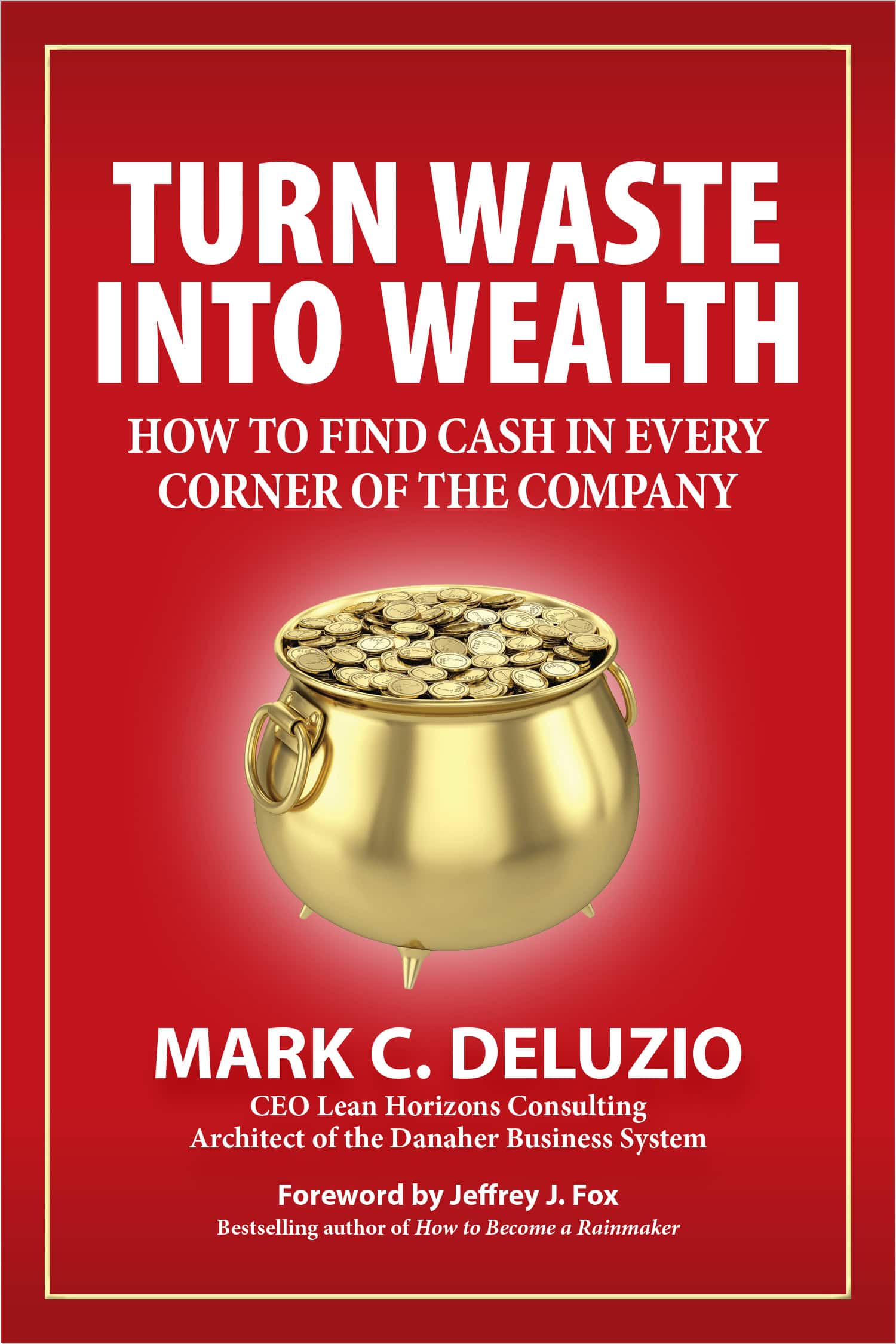Instructor-led Training Modules
Our instructor-led offerings can be delivered by trained resources within your team or by Lean Horizons specialists. Through our Train-the-Trainer program, your organization leverages its investment as it develops a robust, self-administered and self-managed training program.
Customized Solutions
To accelerate knowledge transfer, we can customize our training suites to reflect your organization’s core values and incorporate company-specific examples and exercises. By blending Lean training materials your organization already owns with our offerings, we help you leverage your professional development expenditures.
Financial Rewards
We offer electronic licensing agreements to increase your return on investment when purchasing a Lean Horizons training suite. The license entitles your organization to receive material updates as they are published.
For pricing and terms, please contact one of our specialists.
Training Modules
5S
Sort, Straighten, Scrub, Stabilize, Sustain: a visually-oriented system for organizing the workplace to minimize the waste of time. This module is a foundational tool that links workplace organization to visual management to drive improvement at all levels.
5S for the Office
Sort, Straighten, Scrub, Stabilize, Sustain: a visually-oriented system for organizing the workplace to minimize the waste of time and non-value adding activity. Participants will engage in a rigorous 5S for the Office event to attack and eliminate waste from their work area. They will apply the first three components of 5S: Sort, Straighten, Scrub to achieve immediate, significant results – often in an enjoyable and “eye-opening” manner. The team will then create and begin to implement a plan to achieve the Stabilize and Sustain levels of 5S for lasting results.
Administrative Introduction to Lean
A foundational overview of Lean concepts, tools and methods as applied in the administrative setting.
Administrative CEDAC
Cause and Effect Diagrams with the Addition of Cards is a Deming prize-winning problem-solving methodology that is particularly applicable to solving complex business problems with cross-functional teams. Participants will learn about the tools and experience the process in detail.
Administrative Poka-Yoke
Poka-Yoke refers to mistake-proofing. Through hands-on application and examples, the program assists your staff in developing creative devices and procedures that make it nearly impossible to make administrative errors.
Administrative Standard Work
Participants engage in a thorough administrative standard work event, eliminating waste, improving quality, safety and delivery. The expectation is to learn and do, creating the best sequence between people and the environment when processing information or services. Produce to customer demand and improve predictability and response and cycle time.
CEDAC for Manufacturing
Cause and Effect Diagrams with the Addition of Cards is a Deming prize-winning problem-solving methodology that is particularly applicable to solving complex business problems with cross-functional teams. Participants will learn about the tools and experience the process in detail.
Cell Design
Integrating many of the principles of Lean Manufacturing, this module covers the basic principles of cell design including: Basic Fundamentals, Layout, Staffing, Standard Work in Process Inventory, kanban, Standard Work and Visual Management.
Executive Introduction to Lean (2-day commitment)
An integral component of our Executive Boot Camp, this module is focused on the roles and responsibilities of leaders of a “single location” Lean transformation and of senior executives leading multi-site Lean transformations. This module includes all of the Management Introduction material, with additional hands-on simulations and practice exercises demonstrating the impact and intent of various Lean tools, and the beginnings of implementing the infrastructure, timeline and next steps in the Lean journey.
Management Introduction to Lean (1-day commitment)
This module is often used as an initial introduction to a management team who may be expressing interest in engaging Lean as a methodology for improving a facility, operation or company. The information is presented with “site leadership” in mind, clearly defining business case, value stream focus, execution of Lean events, infrastructure and expectations for management or the executive team.
Middle Management Introduction to Lean (1/2-day commitment)
Most often used to develop and integrate the local management team with Lean, the basic principles, approach, methodology and techniques for implementation are presented. This session can easily be sculpted to focus on various sub groups within a business (for example, all operations staff, all production supervisors, all buyers/planner or others).
Front Line Employees Introduction to Lean (2-hour commitment)
This session covers the basic concepts of Lean and the value proposition, for the employee, when Lean is implemented and deployed with the proper structure in mind. This session introduces the fundamentals with many real examples used to illustrate approach as well as impact on the work area.
Front Line Employees Administrative Introduction to Lean (2-hour commitment)
This session covers the basic concepts of Lean and the value proposition based on an administrative application. Your organization will gain a preliminary understanding of all aspects of Lean: how the principles originated and how they are applied. With this foundation it will be possible for you to move forward with the implementation of your Lean strategy.
Kaizen Process
A focused methodology used for the implementation of Lean (office or factory), this module covers the structure of a kaizen event (preparation, execution, and follow up) and the keys to results-oriented execution and implementation. This is a disciplined process that is critical for Lean transformations.
Kanban
Kanban is one of the methodologies in Lean that is commonly used during the transition “from batch to flow.” In this module, the kanban development process is covered in detail.
Leadership Lessons from Toyota
Participants will take part in an interactive training session and discussion highlighting why Toyota is so successful and what leadership teams can learn from their experiences.
Lean Accounting
This module provides an in-depth overview on why Lean Accounting is critical for a successful Lean implementation and how it differs from traditional managerial accounting.
Poka-Yoke
Commonly referred to as “mistake-proofing,” poka-yoke participants will learn the fundamentals about the role, use and function of poka-yoke. This module includes examples from assembly, machine shops, office and warehouse operations.
Problem Solving
This module may be incorporated into any Lean kaizen event or may be used stand-alone to introduce teams to basic Lean problem-solving tools and methods. Participants will learn which tools are best suited for solving particular problems.
Process Mapping
Participants learn through instruction, examples and exercises how to properly document business and technical processes in a way that supports both Lean problem solving and continuous improvement.
SMED
Single Minute Exchange of Dies, or SMED, is a critical tool to drive reductions in time when changing from one process or model to another, which maximizes return on investment and economic value added. SMED is a technique used to create both capacity and flexibility within operations. This module takes one through both the tools and methodology for implementing and sustaining SMED activities.
Standard Work
Encompassing the most comprehensive list of waste identification tools, this series introduces and illustrates each of the fundamental Lean tools: takt time, time observation, bar charts, standard work combination sheets, spaghetti diagrams, 5S, production control boards, standard work in process inventory, kanban and more.
Total Productive Maintenance
Total Productive Maintenance is an approach to maximize the uptime and efficiency of plant equipment while improving the quality of the product. As companies move forward on their Lean journey and inventory and work in process are reduced and throughput is improved, reliability of equipment plays a crucial role. This module goes beyond restoring and repairing equipment. TPM will drive out equipment-related waste through continuous improvement.
Visual Management
The ability to determine abnormal from normal is a fundamental capability. Building processes where visual management is the initial indicator of waste is how sustainable continuous improvement becomes a reality. Focused on operator, supervisor and management awareness, visual management becomes a core competency of any Lean transformation.
Value Stream Mapping (VSM)
Establishing a reason for change and a roadmap for improvement are keys to gaining management and executive support. VSM (focused on material flow) is a technique and a methodology used to gain a common understanding of the current state and the opportunities for improvement. Included in the VSM module are: business case, current state VSM, future state VSM, and implementation plan.
Value Stream Mapping Information Flow (VSMi)
A Lean Horizons original methodology for applying the principles of value stream mapping to administrative information flows. The workshop covers the techniques for mapping information flows and assessing their impact on the decision-making process. Participants are guided in identifying ways to increase the value of information as it moves through the organization and to create a definitive plan to make it happen. Lean Horizons provides a VSMi solution for both transactional information flows and non-transactional information flows.

